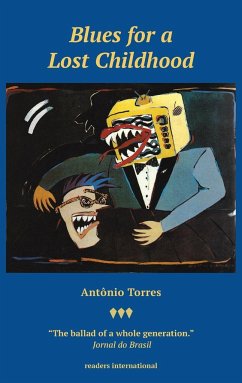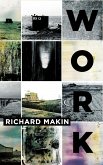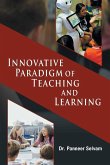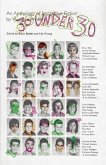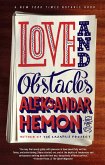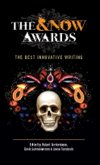It's another hot, sleepless night in Rio, punctuated by the sounds of jazz, TV, and gunshots from the cafés and shanties. In the narrator's drink-bruised mind, a nightmare begins with a parade of child coffins and a cascade of memories. One figure stands out: Calunga, local hero, iconoclast, joker and fixer, who battles his way out of the stagnant "Backlands" of his boyhood to become a big-city journalist. Defeated by the city, his own weakness, and decades of corrupt politics and military dictatorship, only his irony remains. Here lies all the fascinating and convulsive history of Brazil during the past thirty years and more.
Hinweis: Dieser Artikel kann nur an eine deutsche Lieferadresse ausgeliefert werden.
Hinweis: Dieser Artikel kann nur an eine deutsche Lieferadresse ausgeliefert werden.

